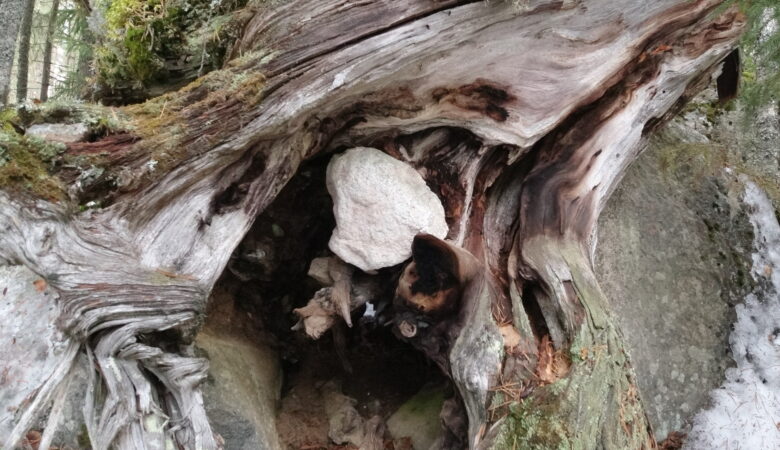“… that feeling when you are fully in your element. When everything just flows. And even if you stumble and fall, you have the feeling of being held…”
As we begin to explore what it means to be a guardian, this follow-up question quickly comes up: What does it mean to be of service to something or someone? So let’s give this question a little more space.
What is service?
In today’s world, service is often associated with the unspoken creation of a hierarchy. That the one who serves is lower. A subordinate. In most cases, it is even the case that the person serving receives money for it, as they would not do the task without this compensation. In extreme cases they are even forced to serve without any compensation.
Service does not simply mean doing something for someone else. When we serve someone or something, it also means giving ourselves (at least a part of us) to that other person or thing. We give our time, energy, skills, and also a bit of our personal spirit.
There is another way
So what is another way in which we can view service? It’s a dedication to a cause greater than ourselves, with the trust that when we step into service, we are taken care of. That there is no hierarchy, but that the one for whom we enter into service cares for us and wants to care for us. Then both enter into an equal relationship where both know that they could not be without the other.
Serving as a guardian
When we serve as guardians, it is always about this other way of serving. Then what we do is pure devotion. Devotion to the cause, to those served, to life. It is unconditional, and yet it is a give and take. Then we immerse ourselves in an energy that we cannot fully grasp, and yet is deeply known to us.
Then it feels like the quote at the beginning of this text. Then it feels as if we can do nothing wrong, even if not everything goes 100% perfectly. Then it’s holding on and being held in a network of all those who are also in service.
What we need to bear in mind
For many of us who have grown up in the western world, various fears quickly arise. “I can’t give without getting something in return. Then I’m exploiting myself. Or I’ll be taken advantage of.” And we can probably even list several examples where this has happened.
So instead of doing what we’ve done in the past, where this might have been true, we need to learn to listen carefully to where, for whom and in what situation we go into service. It is important that we are connected to our intuition and can recognize and feel whether this is something that is in alignment on all levels.
If you would like to dive deeper and learn this form of service, please get in touch with us at

